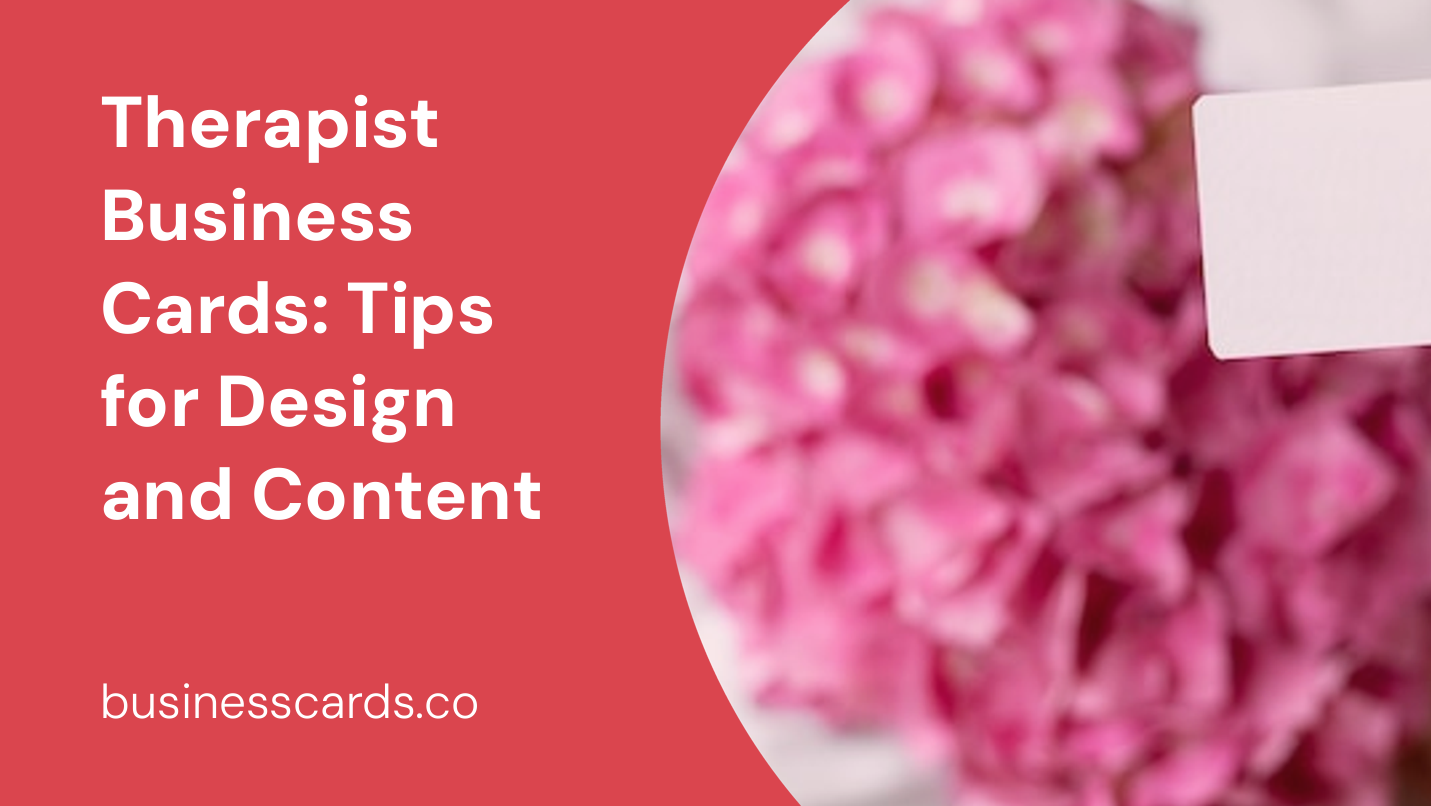
When it comes to running a therapy practice, there are many things to consider. One of those things is creating a business card that accurately represents your services. A therapist business card can be a powerful tool in attracting new clients and making a lasting impression.
Business cards for therapists come in a variety of designs, from simple and elegant to bold and colorful. They typically include your name, title, contact information, and possibly a logo or tagline. A well-designed business card can help potential clients remember you and your services, and can also convey a sense of professionalism and trustworthiness.
While a business card may seem like a small detail, it can actually play a significant role in the success of your therapy practice. With so many options available, it’s important to choose a design that accurately represents your brand and appeals to your target audience. Whether you opt for a traditional or modern design, a therapist business card can be a valuable tool in building your client base and growing your practice.
Importance of Business Cards for Therapists
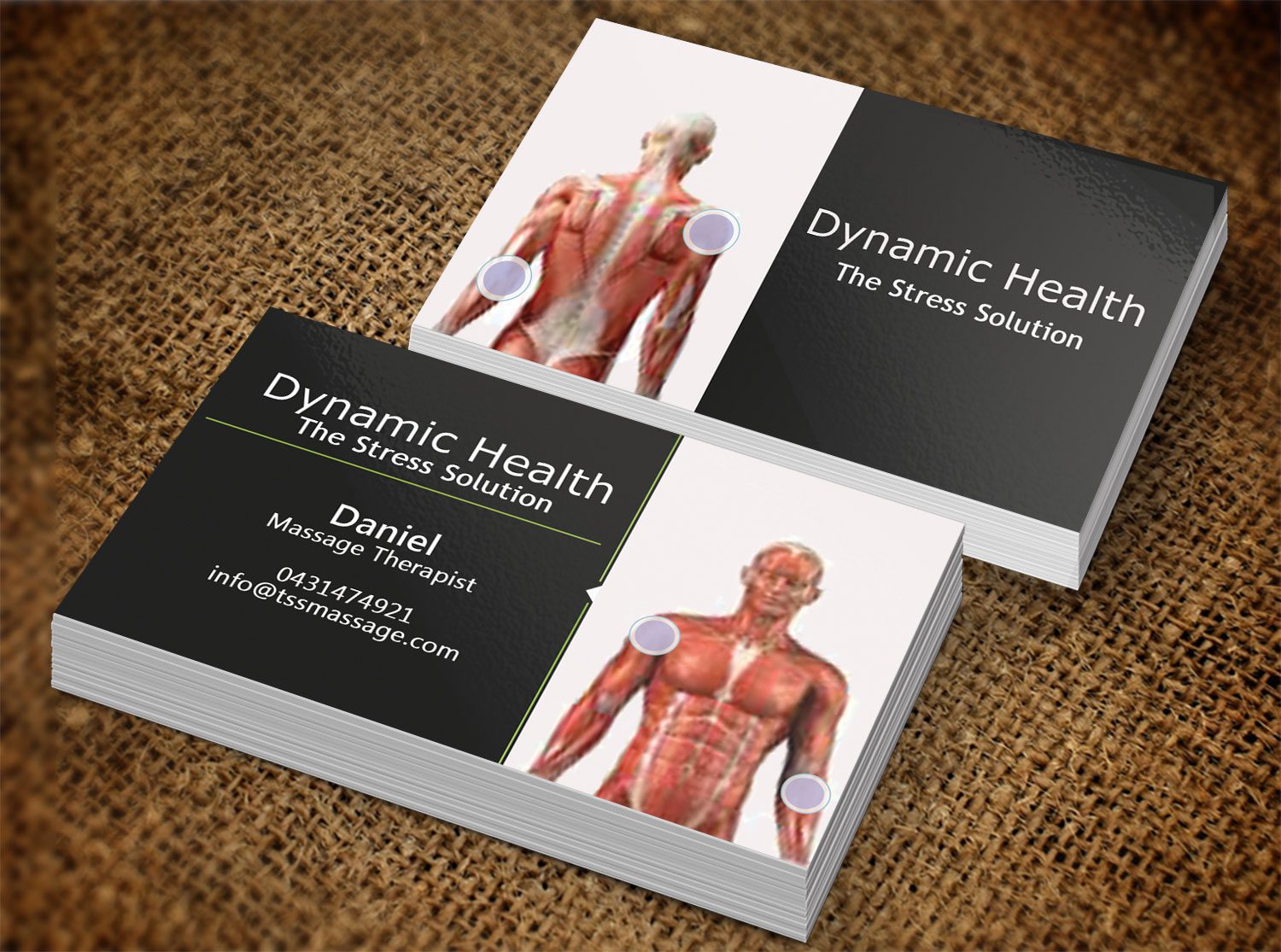
As a therapist, having a professional business card is crucial for networking and building your practice. Business cards provide a tangible representation of your brand and can leave a lasting impression on potential clients and colleagues.
Here are some reasons why having a well-designed business card is important for therapists:
Professionalism: A business card shows that you take your profession seriously and are committed to providing high-quality services. It also helps to establish your credibility and expertise in your field.
Networking: Business cards are an essential tool for networking. They allow you to exchange contact information with potential clients, colleagues, and other professionals in your industry. By handing out your business card, you are opening the door to future opportunities and collaborations.
Brand Awareness: Your business card is a representation of your brand. It should include your practice’s name, your name, and your credentials. By having a well-designed business card, you are creating brand awareness and making it easier for potential clients to remember you.
Convenience: Business cards are easy to carry and distribute. They are a convenient way to share your contact information with others, and they can be passed out at networking events, conferences, and other professional gatherings.
In conclusion, having a professional business card is essential for therapists who want to build their practice, establish their credibility, and network with other professionals in their industry. By investing in a well-designed business card, you are investing in the success of your practice.
Designing Your Therapist Business Card
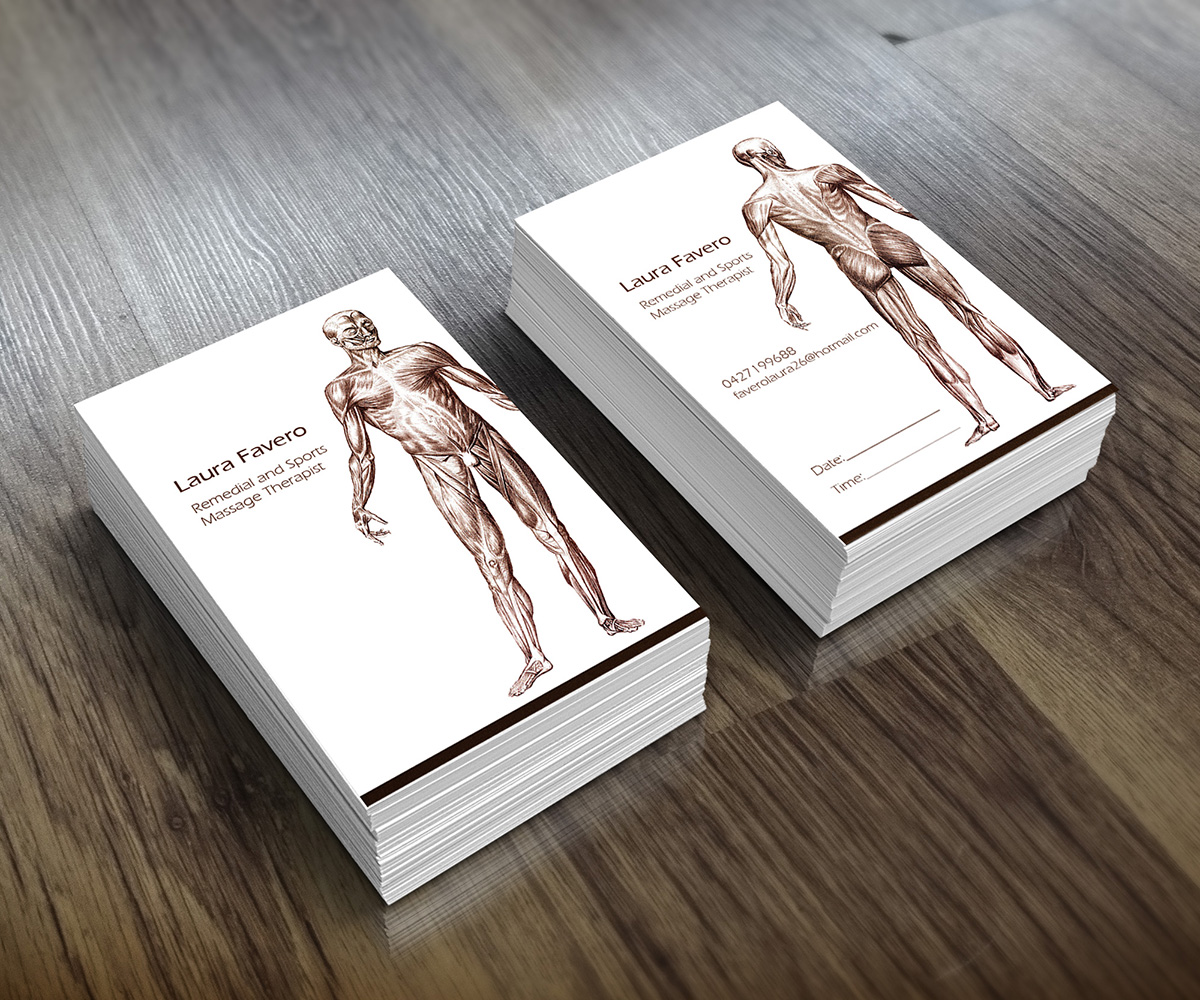

Your therapist business card is an essential marketing tool to attract potential clients. A well-designed business card can create a lasting impression and convey professionalism and credibility. Here are some tips for designing an effective therapist business card:
Keep it Simple and Professional
Your business card should be easy to read and understand. Avoid using too many fonts or colors that clash with each other. Stick to a simple and professional design that reflects your practice’s style and personality.
Incorporate Relevant Images or Graphics
Consider incorporating relevant images or graphics that reflect your practice’s niche or specialty. For example, if you specialize in nature-based therapy, you could use greenery, abstract waves, or air bubbles as design elements. If you specialize in modern psychology, you could use a double spiral nautilus shell pearl outline or flower of life pattern.
Use Canva or Other Design Tools
If you’re not confident in your design skills, consider using Canva or other design tools to create your business card. These tools offer pre-made templates and design elements that you can customize to fit your practice’s branding.
Choose the Right Colors
Color psychology plays a vital role in designing your business card. Consider using therapist blue, which conveys calmness, trustworthiness, and professionalism. Alternatively, you could use greenery, which represents growth, harmony, and nature. If you prefer a more boho aesthetic, you could use drawn greenery nature botanical boho or unique gold tree of life patterns.
Consider Text Placement and Formatting
Ensure that your contact information is easy to read and prominently displayed on your business card. Consider using bold text or different font sizes to emphasize critical information such as your name, title, and contact details. You could also use striped psychotherapy or other patterns to create a unique and eye-catching design.
By following these tips, you can create a professional and effective therapist business card that reflects your practice’s style and attracts potential clients.
Choosing the Right Color and Theme
When it comes to designing your therapist business cards, choosing the right color and theme is crucial. The colors you choose can have a significant impact on how people perceive your practice and can even affect their mood. Here are some tips to help you choose the right color and theme for your business cards:
Consider Your Branding
Your business cards should reflect your branding and the overall aesthetic of your practice. If you have a logo, use it as the basis for your design. If not, consider developing one that reflects your practice’s values and personality. Keep your branding consistent across all marketing platforms, including your website, social media profiles, and business cards.
Use Colors That Reflect Your Practice
Different colors can evoke different emotions and have different associations. For example, gold is often associated with luxury and sophistication, while pink is associated with femininity and warmth. Blue is a calming color that can evoke feelings of trust and security. Consider using colors that reflect the nature of your practice and the emotions you want to evoke in your clients.
Incorporate Nature and Botanical Elements
Nature and botanical elements can add a calming and peaceful touch to your business cards. Consider incorporating images of plants, flowers, or trees into your design. This can help convey a sense of growth, renewal, and healing.
Choose a Unique Gold Tree of Life Theme
The gold tree of life is a popular symbol in many cultures and can represent growth, strength, and connection. Consider using this theme in your business card design to convey a sense of stability and grounding. You can also incorporate other elements, such as leaves or roots, to add depth and meaning to your design.
Remember, your therapist business cards are an extension of your practice and should reflect your values, personality, and branding. By choosing the right color and theme, you can create a memorable and impactful design that helps you stand out in a competitive market.
Different Types of Therapist Business Cards
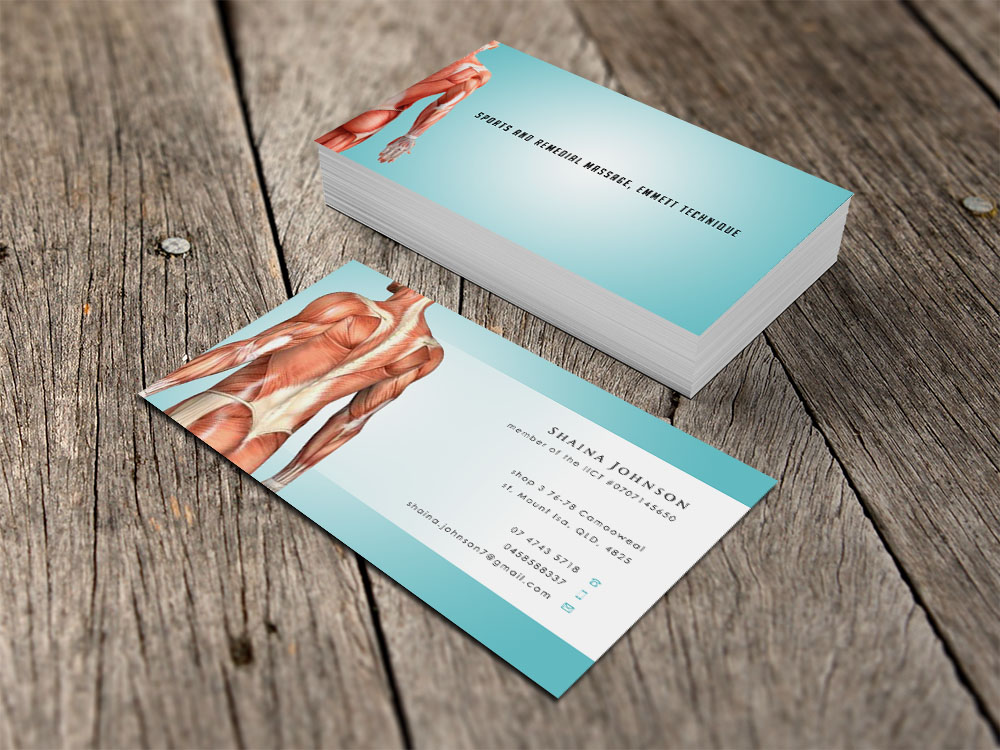
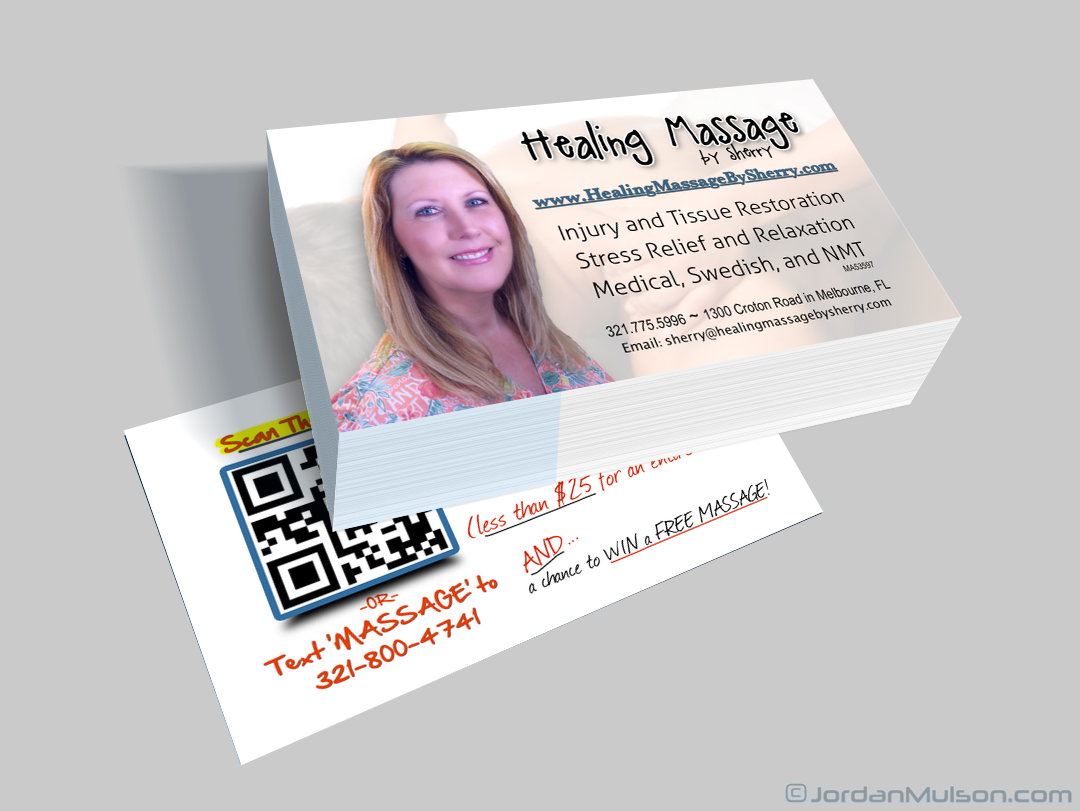
When it comes to therapist business cards, there are different types that you can choose from depending on your profession. Here are some of the different types of therapist business cards that you can consider:
Psychologist Business Cards
Psychologists are professionals who study human behavior and the mind. If you are a psychologist, your business card should showcase your expertise and credentials. You can include your name, title, contact information, and your area of specialization.
Psychiatrist Business Cards
Psychiatrists are medical doctors who specialize in mental health. If you are a psychiatrist, your business card should reflect your professional credentials. You can include your name, title, contact information, and your area of specialization.
Spiritual Business Cards
If you are a spiritual therapist, your business card should reflect your beliefs and values. You can include your name, title, contact information, and any relevant symbols or images that represent your spirituality.
Life Coach Business Cards
Life coaches help people achieve their personal and professional goals. If you are a life coach, your business card should showcase your expertise and approach. You can include your name, title, contact information, and any relevant certifications or credentials.
Counselor Business Cards
Counselors help people deal with personal and emotional issues. If you are a counselor, your business card should showcase your expertise and approach. You can include your name, title, contact information, and any relevant certifications or credentials.
Massage Therapist Business Cards
Massage therapists provide therapeutic massages to clients. If you are a massage therapist, your business card should showcase your expertise and approach. You can include your name, title, contact information, and any relevant certifications or credentials.
Yoga Teacher Business Cards
Yoga teachers help people improve their physical and mental health through yoga practice. If you are a yoga teacher, your business card should showcase your expertise and approach. You can include your name, title, contact information, and any relevant certifications or credentials.
Overall, your therapist business card should reflect your professionalism, expertise, and approach. Choose a design and format that best represents you and your practice.
Adding Personal Information
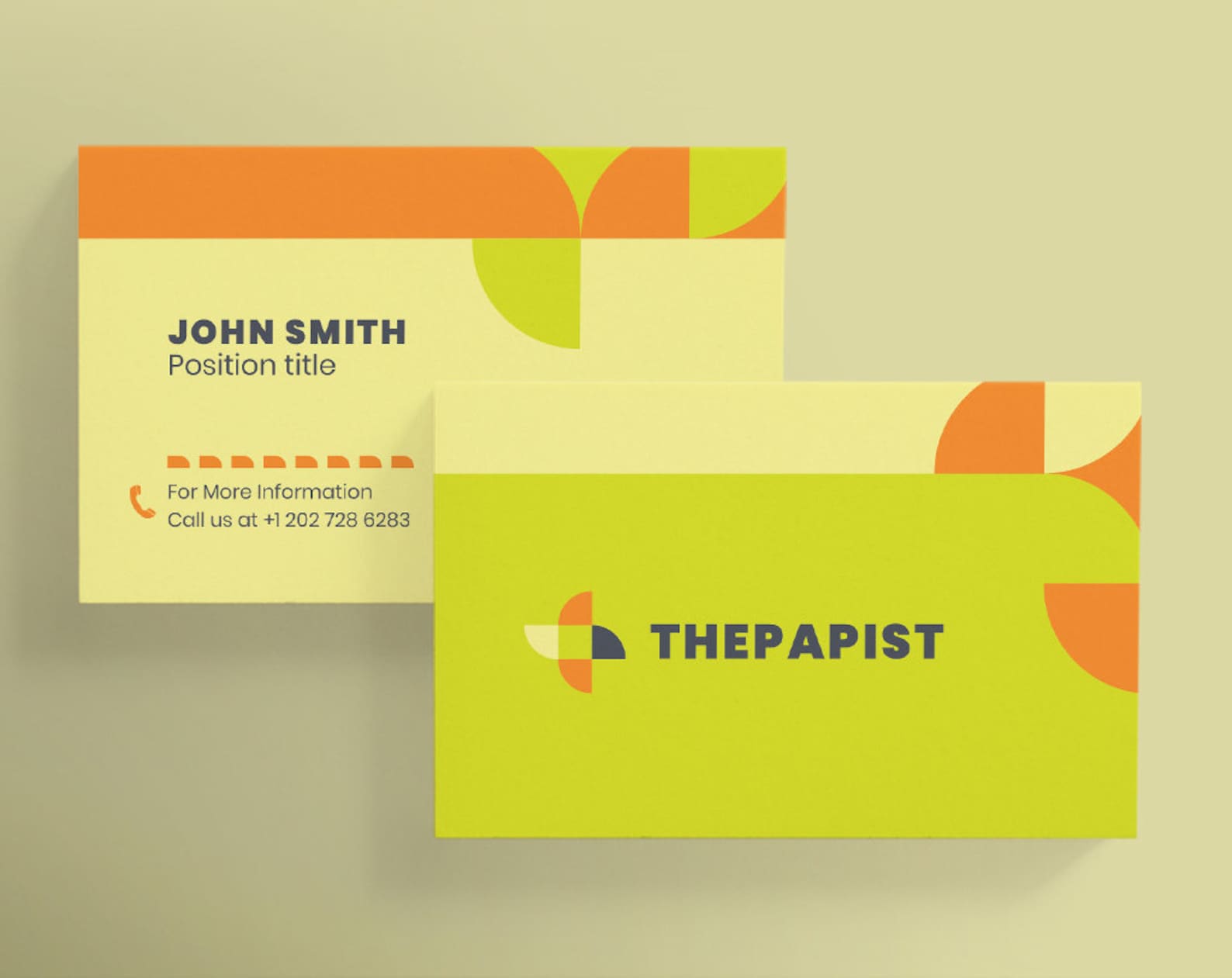
When designing your therapist business card, it’s important to include the necessary personal information that will help your clients and potential clients get in touch with you. Here are some key pieces of information to consider including:
Your name: This should be prominently displayed on your business card, as it’s the primary way people will identify you.
Your job title: Including your job title, such as “Licensed Therapist” or “Counselor,” can help clarify your role and expertise.
Your contact information: This should include your phone number, email address, and website (if you have one). You may also want to consider including your social media handles, such as your Twitter or LinkedIn profile.
Your practice name: If you have a practice name, be sure to include it on your business card. This can help establish your brand and make you more memorable to clients.
Your address: If you have a physical office location, you may want to include your address on your business card. However, if you primarily offer virtual sessions, this may not be necessary.
QR code: Consider including a QR code on your business card that links to your website or online booking system. This can make it easier for clients to access your services and book appointments.
Email address: Your email address is an important point of contact for clients and potential clients. Be sure to include a professional email address that is easy to remember and reflects your practice name or personal brand.
Overall, including the right personal information on your therapist business card can help establish your brand, make it easier for clients to contact you, and provide a professional impression.
Printing Your Business Cards
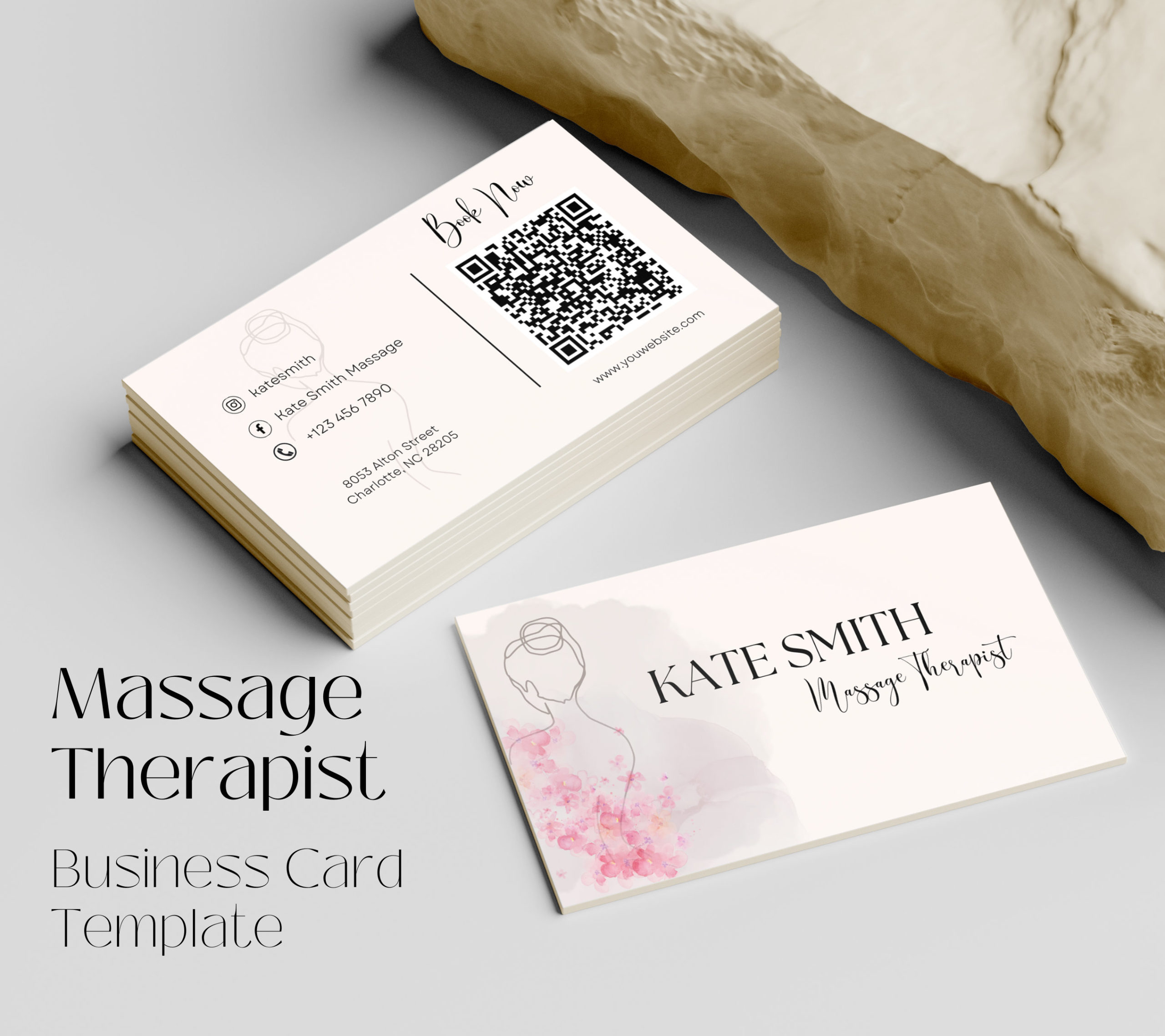

Once you have designed your therapist business card, it’s time to print it. Here are some tips to help you get the best results:
Choose a Printing Method
There are several ways to print your business cards. You can print them at home using your printer, or you can use a professional printing service. If you decide to print them at home, make sure you have a high-quality printer and paper. Professional printing services can offer a variety of options, such as different paper types, finishes, and sizes.
Consider a Square Business Card
Square business cards are a unique and eye-catching option that can set you apart from other therapists. They are also more compact and can fit easily into a wallet or purse. Consider using a square business card for a modern and memorable design.
Use Fluorite and Gold for a Unique Design
Fluorite and gold are popular colors for therapist business cards. The combination of these colors can create a unique and elegant design. Consider using these colors for your business card to make it stand out.
Include Your Credentials
It’s important to include your credentials on your business card, such as psychologist, therapist, counselor, or psychiatrist. This will help potential clients understand your qualifications and expertise.
Use a Gold Tree of Life Design
A gold tree of life design is a popular option for therapist business cards. This symbol can represent growth, healing, and balance, which are all important qualities for a therapist to embody. Consider using a gold tree of life design for a unique and meaningful business card.
Remember, your business card is often the first impression potential clients will have of you. Make sure it is clear, professional, and represents your brand accurately.
Using Business Cards for Networking
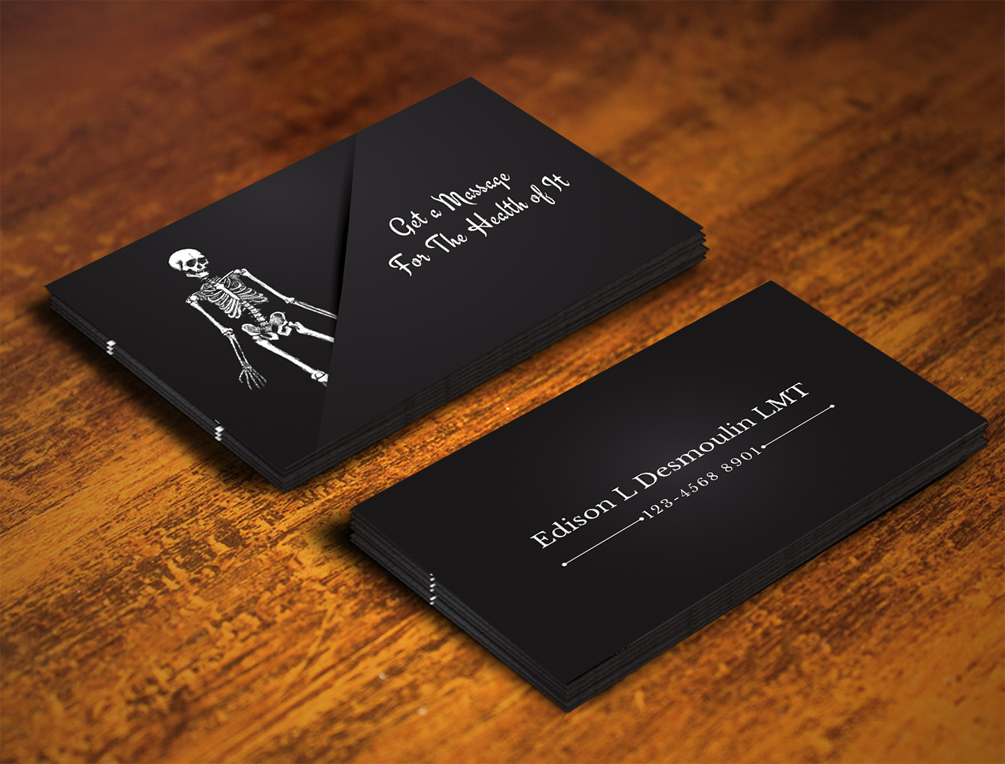
Networking is a crucial aspect of growing your therapy business and establishing professional relationships. Business cards can be an effective tool to help you network and make a lasting impression on potential clients and colleagues. Here are some tips on how to use business cards for networking:
1. Always carry your business cards with you – You never know when you might meet someone who could benefit from your services or who could refer you to someone else. Make sure to keep a stack of business cards with you at all times, whether you’re attending a networking event or just running errands.
2. Make your business cards visually appealing – Your business card should be eye-catching and professional. Use a simple design with clear, easy-to-read font. Include your name, title, contact information, and any relevant certifications or credentials.
3. Use your business cards to start conversations – When you meet someone new, hand them your business card as a way to introduce yourself and start a conversation. Ask them for their card in return and make a note of any important details about your interaction on the back of their card.
4. Follow up after networking events – After attending a networking event, follow up with the people you met by sending a personalized email or making a phone call. Reference your conversation and offer to connect further over coffee or lunch.
By using business cards effectively, you can make valuable connections and grow your therapy business. Remember to always be professional, courteous, and genuine in your interactions with others.
Role of Business Cards in Therapy Business
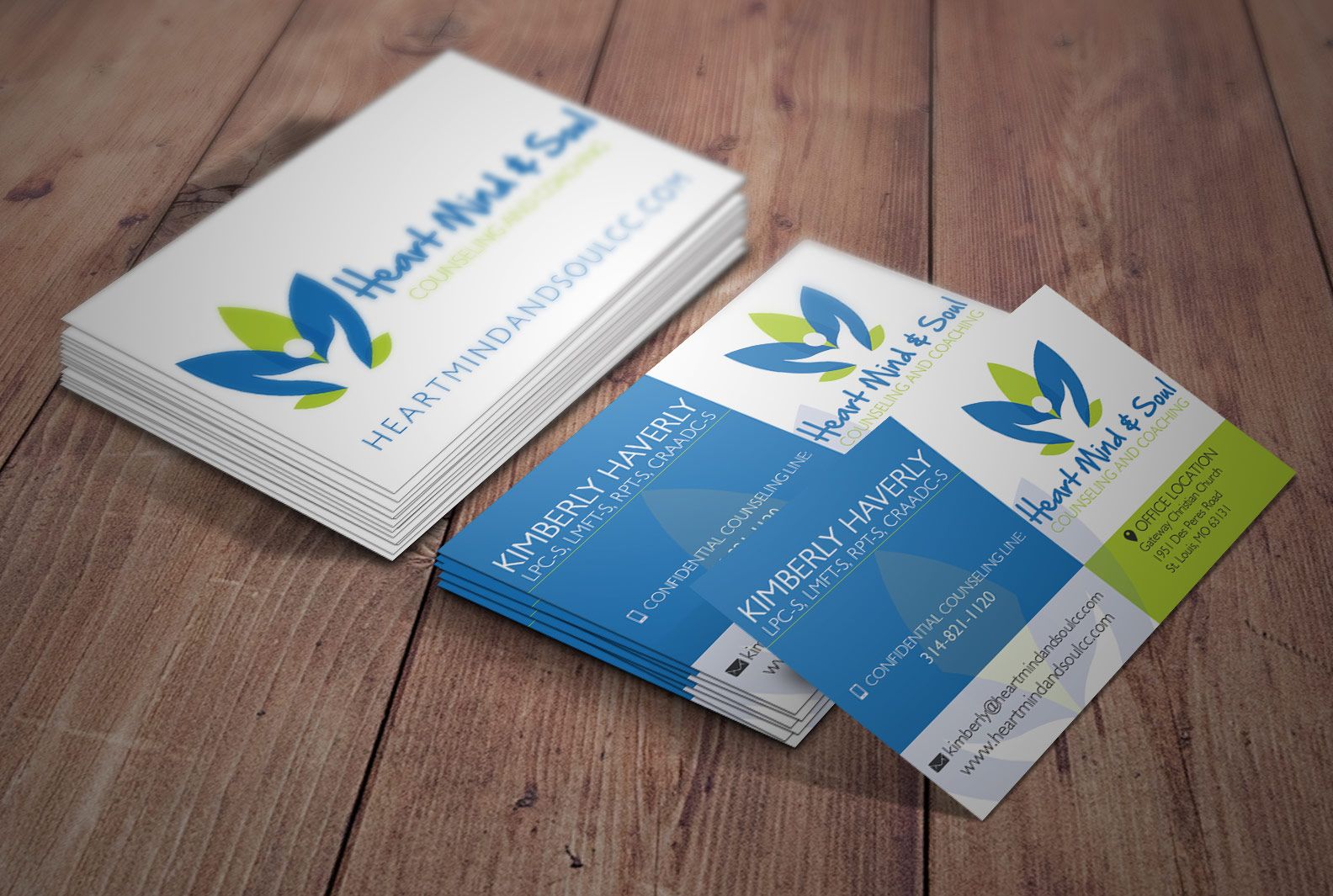
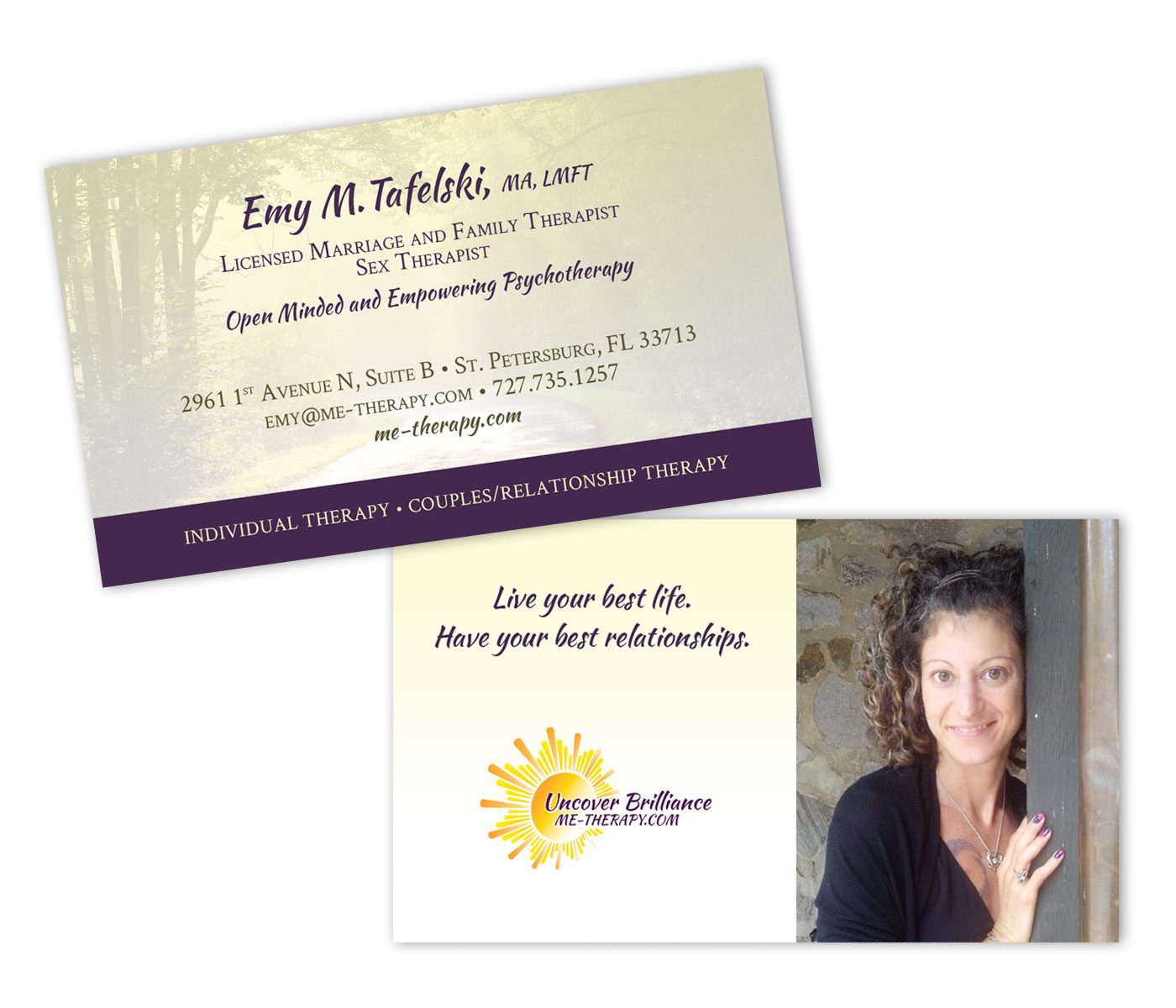
Business cards are an essential tool for any therapist, psychotherapist, counselor, or mental health professional. They serve as a tangible reminder of your services and contact information, making it easier for potential clients to reach out to you. Business cards can also help you stand out from the competition and establish your brand.
In the therapy business, business cards play a crucial role in attracting new clients. When you meet someone who might benefit from your services, giving them a business card can make a lasting impression. It shows that you are professional, organized, and serious about your work.
Business cards are also a great way to promote your practice and services. By including your logo, tagline, and a brief description of your services, you can create a memorable brand that sets you apart from other therapists. You can also use business cards to highlight your areas of expertise, such as family counseling, wellness, or mental health.
Another important role of business cards is to provide essential contact information. By including your name, phone number, email address, and website, you make it easy for potential clients to reach out to you. You can also include your office address and hours of operation to help clients schedule appointments.
In summary, business cards are an essential tool for any therapist or mental health professional. They serve as a tangible reminder of your services and contact information, help you stand out from the competition, and promote your brand. By including essential information and highlighting your areas of expertise, you can create a memorable brand that attracts new clients and establishes your practice.
Unique Features to Include
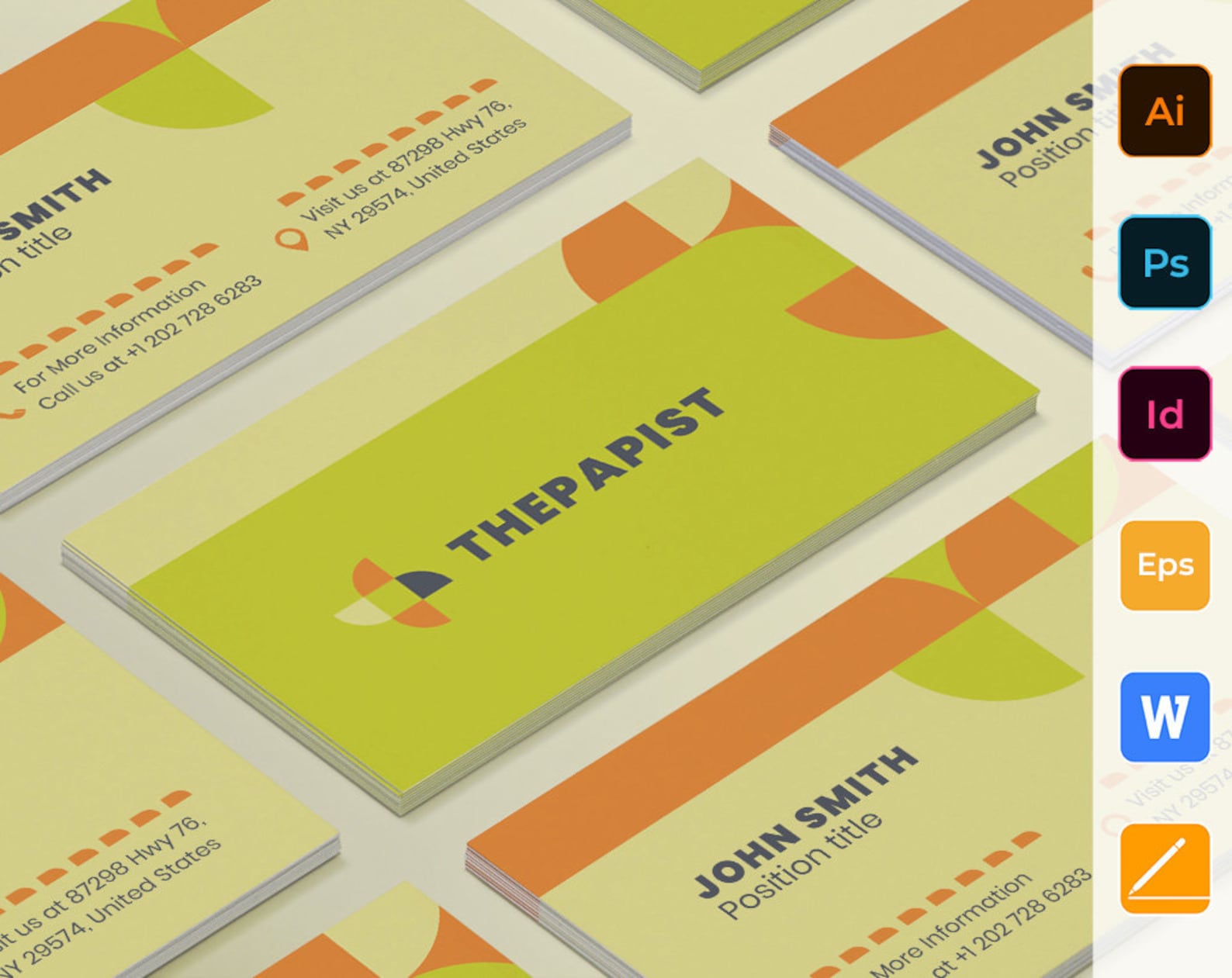
When designing your therapist business card, it’s important to include unique features that will make your card stand out from the rest. Here are a few ideas to consider:
Brain imagery: Consider adding a small image of a brain to your business card. This can help convey your expertise in mental health and make your card more memorable.
Fluorite crystal: Fluorite is a crystal that is said to promote mental clarity and focus. Consider including a small image of a fluorite crystal on your business card to convey your commitment to helping your clients achieve mental wellness.
Specialty areas: If you specialize in a particular area of therapy, such as cognitive-behavioral therapy or trauma-focused therapy, be sure to include this information on your business card. This can help potential clients understand your expertise and feel more confident in your ability to help them.
Client testimonials: Including a brief testimonial from a satisfied client can help establish trust and credibility with potential clients. Be sure to obtain permission from the client before including their testimonial on your business card.
QR codes: Consider including a QR code on your business card that links to your website or online scheduling system. This can make it easier for potential clients to learn more about your services and schedule an appointment.
By including these unique features on your therapist business card, you can help set yourself apart from other therapists and establish a strong personal brand.
Benjamin Parker, a wordsmith with a flair for graphic design, intertwines creativity and business acumen. His passion for branding and marketing is complemented by a love for urban exploration, inspiring fresh perspectives for his writing.